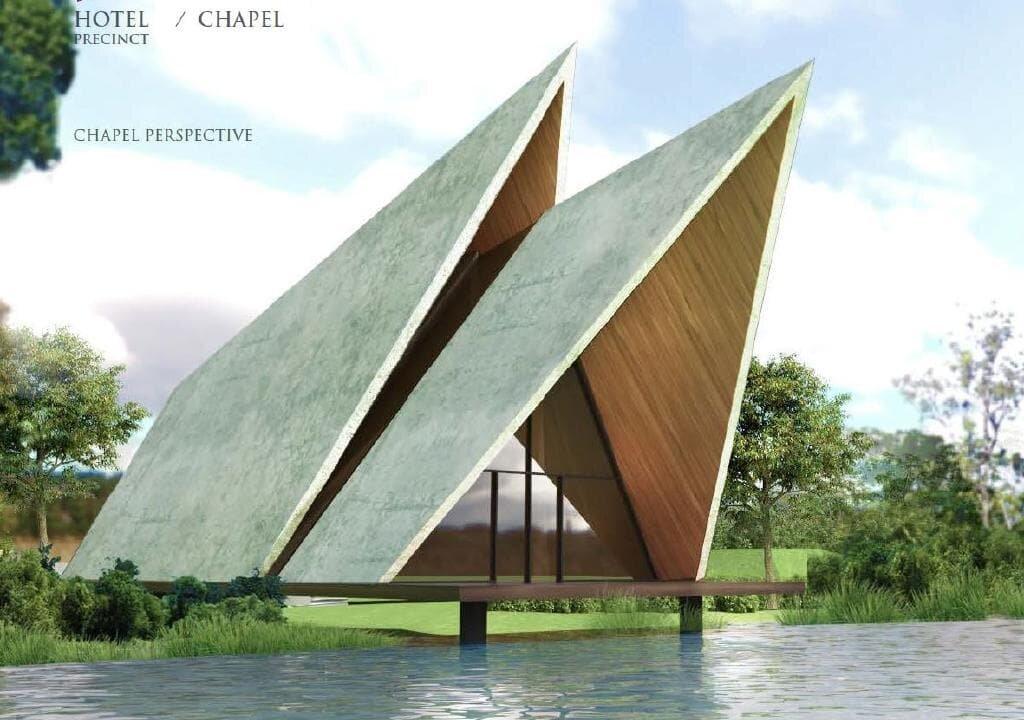Commentary
China makes no secret about wanting to become the world’s No. 1 superpower. The regime in Beijing is increasing its drive for world domination in every possible way, some obvious and some much more covert.

China makes no secret about wanting to become the world’s No. 1 superpower. The regime in Beijing is increasing its drive for world domination in every possible way, some obvious and some much more covert.